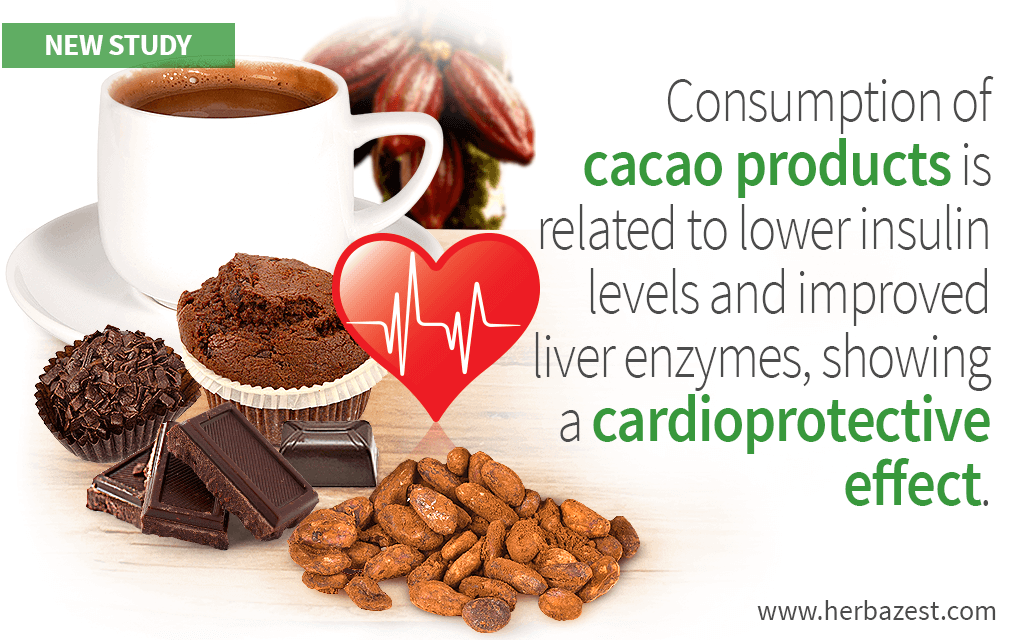Adding to the body of evidence that cacao has cardioprotective effects,1 a new study shows a beneficial relationship between chocolate consumption and cardiac and metabolic diseases. The study was carried out by an international team of researchers, forming a joint effort between the Luxembourg Institute of Health, the University of South Australia, the University of Maine, and the University of Warwick Medical School.
The Study
A random group of 1,153 adults ages 18 - 69 participated in the Observation of Cardiovascular Risk Factors in Luxembourg study. Participants indicated how often they consume chocolate and other foods and beverages through a questionnaire, and blood samples were taken to determine their insulin levels, blood sugar, and liver enzyme levels. Those already taking diabetes medications were discounted from the data.
The Results
Even after adjustment for age, sex, education level, and potentially-influencing dietary factors, greater chocolate consumption was associated with lower insulin levels and improved liver enzymes. While the study did not investigate the cardioprotective mechanism of cacao, the researchers suspect it may be due to its polyphenol compounds, which are also present in coffee and green tea.
What Does This Mean?
Insulin resistance is a strong risk factor for diabetes and cardiovascular diseases. The fact that those who consumed more chocolate also had lower insulin levels suggests that cacao-based products have cardioprotective effects. The researchers noted that those participants who consumed chocolate regularly tended to be more physically active and have higher levels of education, which could have influenced the results. In addition, because this was an observational study, clinical trials need to be conducted to know for sure if cacao can be used clinically to lower cardiovascular risk.
This research is available in the May 2016 issue of the British Journal of Nutrition and was published online in March.
Sources
- The British Journal of Nutrition, Daily chocolate consumption is inversely associated with insulin resistance and liver enzymes in the Observation of Cardiovascular Risk Factors in Luxembourg study, 2016
- University of Warwick, Eating chocolate each day could reduce heart disease and diabetes risk
Footnotes
- Molecular Nutrition & Food Research. (2013). Cardioprotective effects of cocoa: clinical evidence from randomized clinical intervention trials in humans. Retrieved November 20, 2024, from: https://pubmed.ncbi.nlm.nih.gov/23650217/





